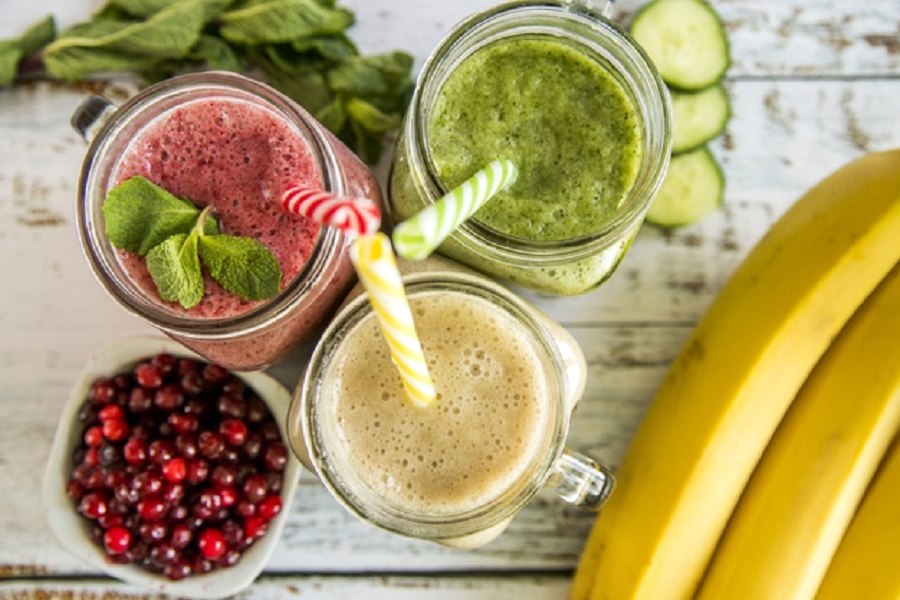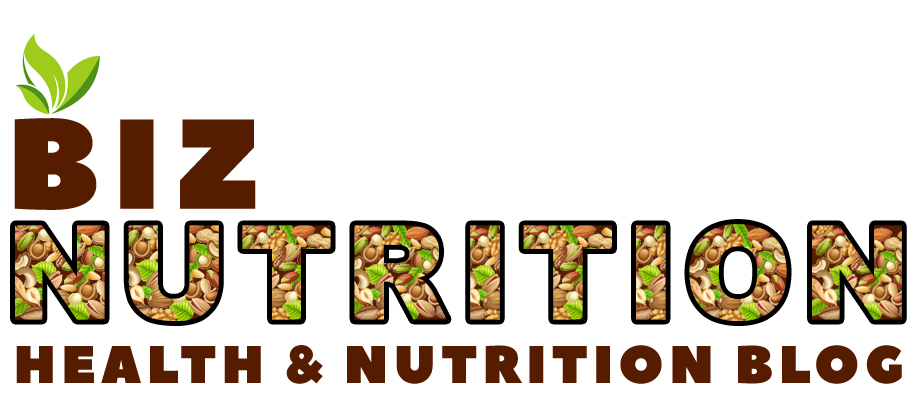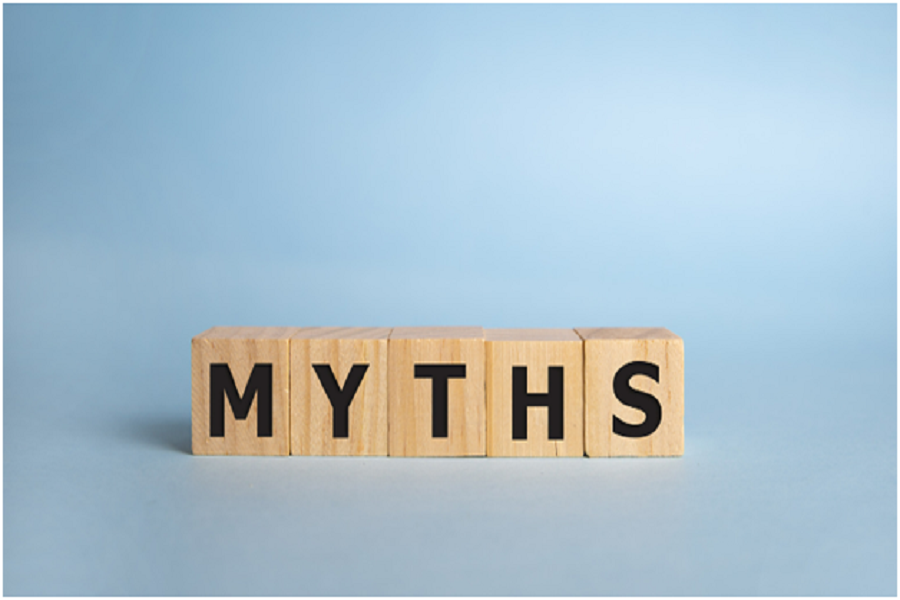
In the realm of personal wellness, achieving a state of optimal health isn’t just a trend—it’s a timeless aspiration. At the heart of this pursuit lies the cornerstone of well-being: optimum nutrition. This crucial element is more than just consuming food; it’s about embracing a lifestyle that nurtures your body and mind, fostering vitality and contentment.
Understanding the essence of optimum nutrition is akin to unlocking a treasure trove of well-being. It encompasses a balanced intake of nutrients—proteins, carbohydrates, fats, vitamins, and minerals—that are vital for the body’s functions. However, it isn’t merely about counting calories or rigid dietary restrictions; rather, it’s about crafting a sustainable and fulfilling way of eating that suits individual needs and preferences.
The fundamental principle of optimum nutrition revolves around nourishing the body with the right nutrients in the right proportions. Proteins, for instance, are the building blocks of life, crucial for muscle repair and growth. Carbohydrates provide energy while fats aid in nutrient absorption and support vital organ functions. Vitamins and minerals, though needed in smaller quantities, play pivotal roles in various bodily processes.
Moreover, optimum nutrition isn’t solely about physical health—it’s about fostering a harmonious relationship between nutrition and mental well-being. Studies consistently underline the significant impact of a balanced diet on mental health, emphasizing how certain nutrients can influence mood and cognitive functions. A diet rich in omega-3 fatty acids, for instance, found in fish, nuts, and seeds, has been associated with reduced instances of depression and anxiety.
Embarking on the journey toward optimum nutrition involves a multifaceted approach. It necessitates mindful choices, steering away from processed and refined foods that often lack essential nutrients. Instead, it champions whole foods—fruits, vegetables, whole grains, lean proteins, and healthy fats—as the cornerstone of a nourishing diet. The concept of “eating the rainbow” embodies this approach, encouraging the consumption of a diverse array of colorful fruits and vegetables to ensure a broad spectrum of nutrients.
Furthermore, understanding individual nutritional needs is paramount. Factors such as age, gender, activity level, and any underlying health conditions play pivotal roles in determining one’s dietary requirements. Consulting with a healthcare professional or a registered dietitian can offer personalized guidance, ensuring that dietary choices align with specific needs and goals.
It’s crucial to dispel the notion that optimum nutrition equates to deprivation or strict diets. Rather, it’s about balance and moderation. Embracing occasional indulgences while predominantly fueling the body with nutrient-dense foods allows for a sustainable and enjoyable approach to eating.
Creating a blueprint for optimum nutrition involves more than just planning meals; it encompasses mindful eating practices. Mindful eating encourages being present in the moment, savoring each bite, and paying attention to hunger and satiety cues. This practice fosters a healthier relationship with food, promoting a deeper appreciation for nourishing the body.
In the digital age, information on optimum nutrition is readily accessible, and social media platforms have become hubs for disseminating health-related content. While this offers an avenue for awareness, it’s essential to approach online resources with a critical eye. Validating information from credible sources and seeking guidance from qualified professionals mitigates the risk of misinformation and promotes informed decision-making.
In essence, optimal nutrition isn’t a one-size-fits-all concept—it’s a personalized journey toward a healthier, happier self. It’s about embracing a lifestyle that prioritizes nourishment, mindfulness, and balance. By understanding the significance of optimal nutrition and adopting mindful dietary habits, one can pave the way toward a more vibrant, fulfilled life. So, embark on this journey, armed with the knowledge and determination to flourish through the power of optimum nutrition.
Conclusion
The pursuit of optimum nutrition isn’t a fleeting trend—it’s a timeless investment in your well-being. It’s about more than just what you eat; it’s a holistic approach that nourishes both body and mind. By embracing balanced eating, personalized choices, and mindful practices, you pave the way for a healthier, happier life. Optimum nutrition isn’t a rigid set of rules; it’s a blueprint designed uniquely for you, offering vitality, contentment, and the foundation for a fulfilling journey toward well-being. So, step forward with confidence, armed with the wisdom of optimal nutrition, and cultivate a life brimming with health and happiness.

